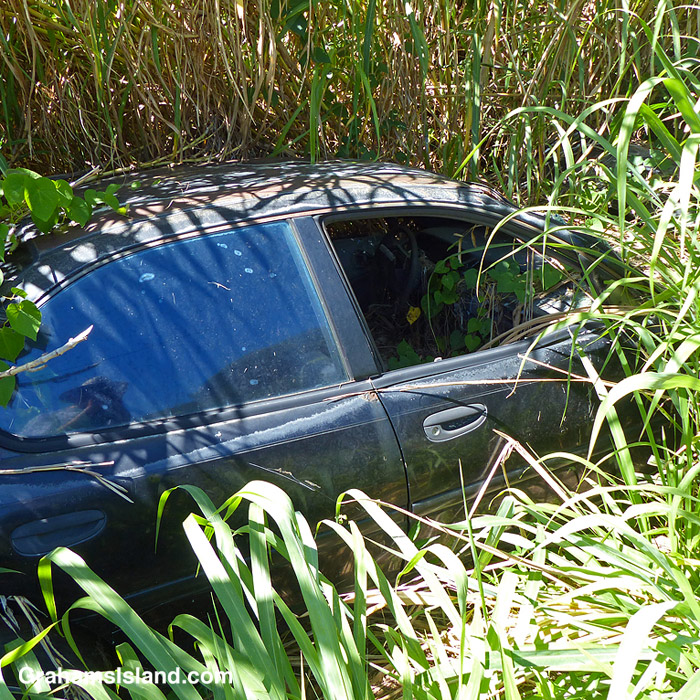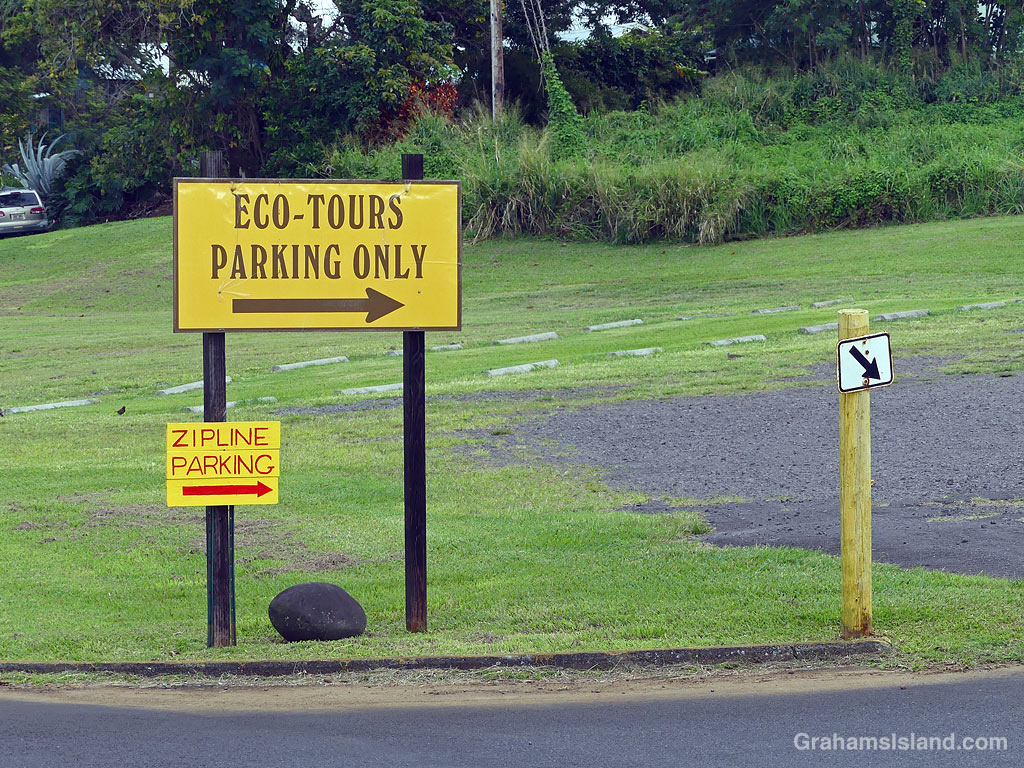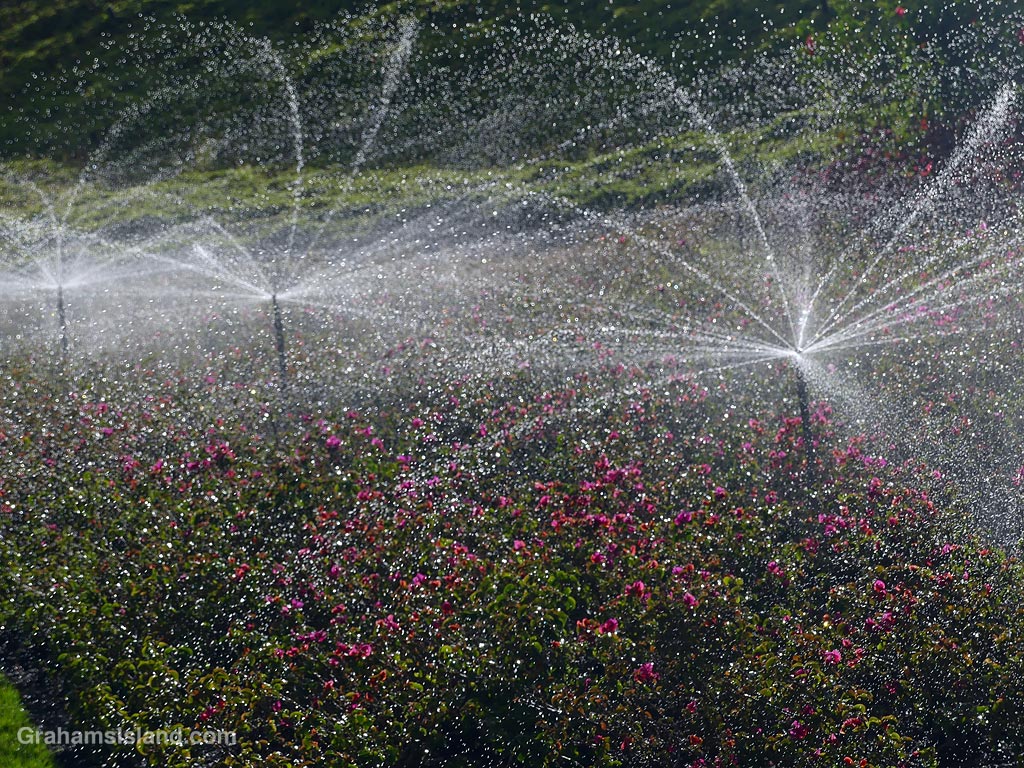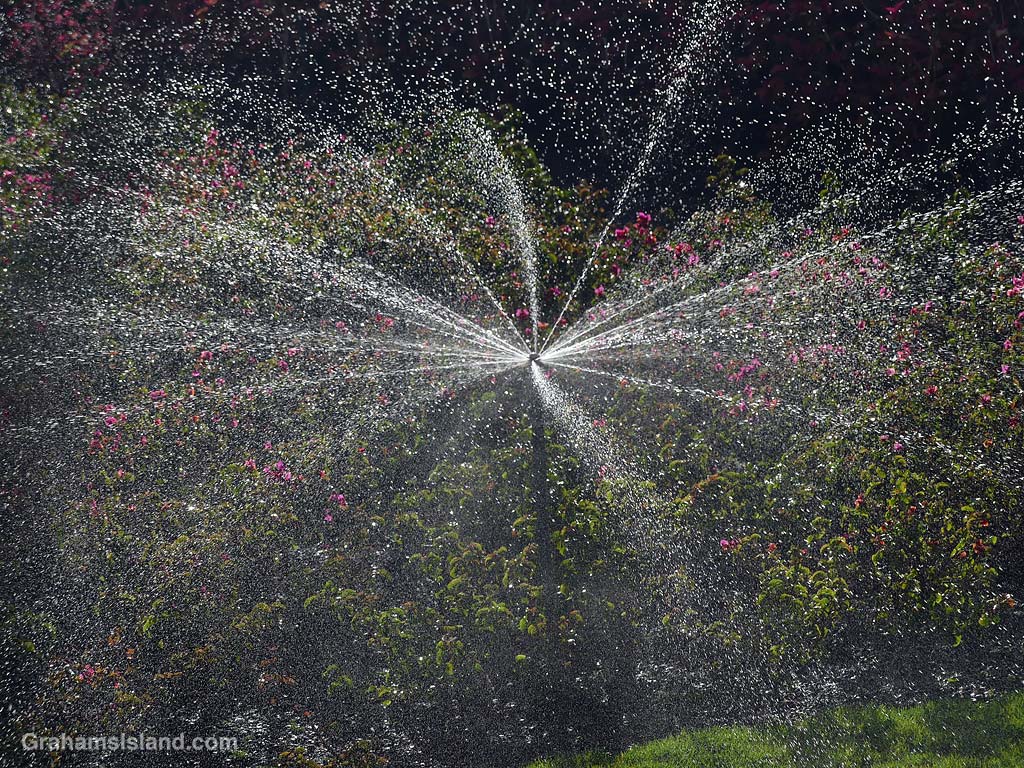
Bushboy has popped up with a second Weekend Puzzler (here) asking us to supply the obscurest photo to match the title or lyrics of the song All The Tired Horses.
This car used to have a good deal of horsepower, but they got tired right out, fell into a deep sleep, and have yet to wake up again.
Also posted for Becky’s Squares: Move Forward, Reconstruct, Renew, and/or are Burgeoning (more responses here), because this car’s going to need a lot of renewing before moving forward again!














